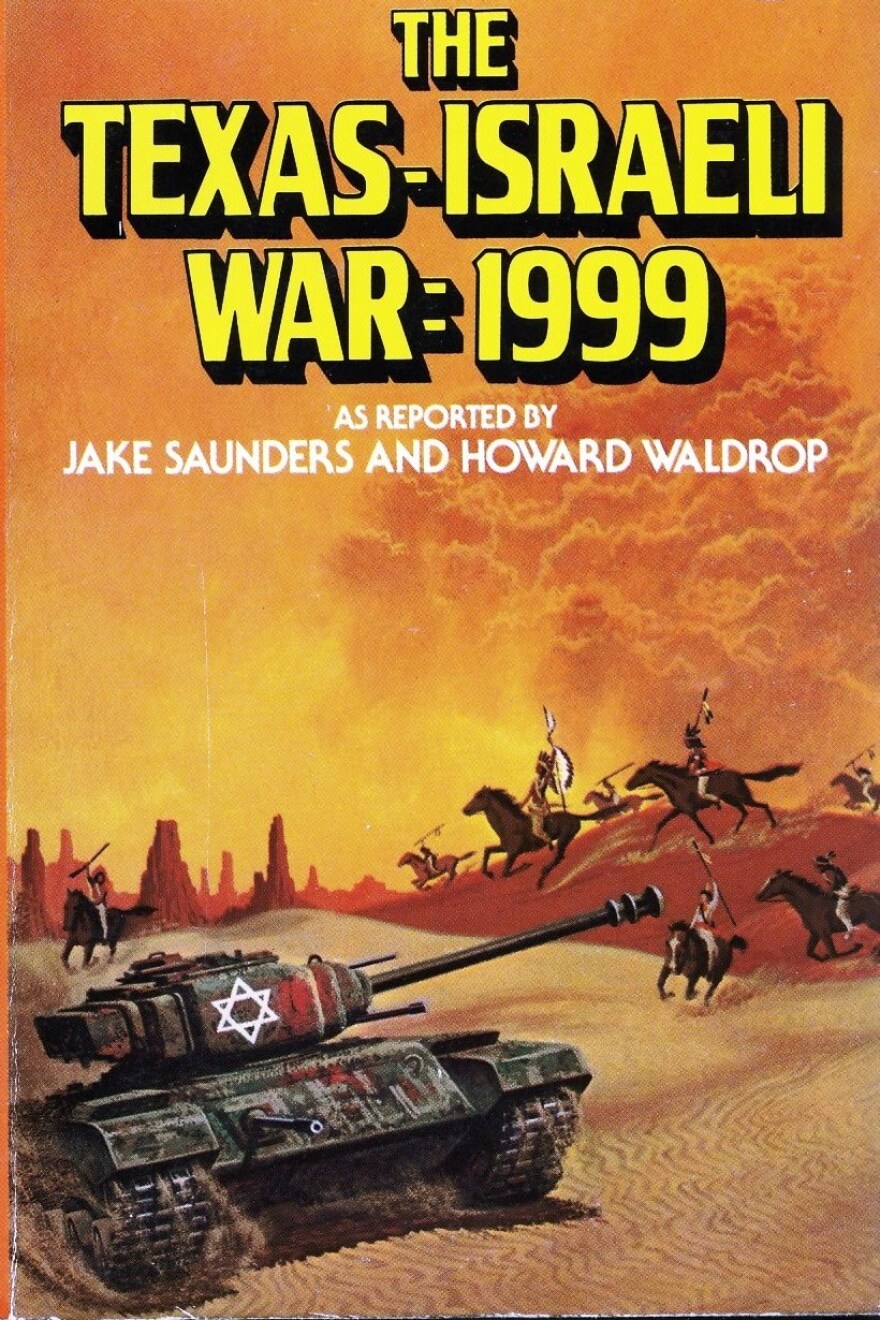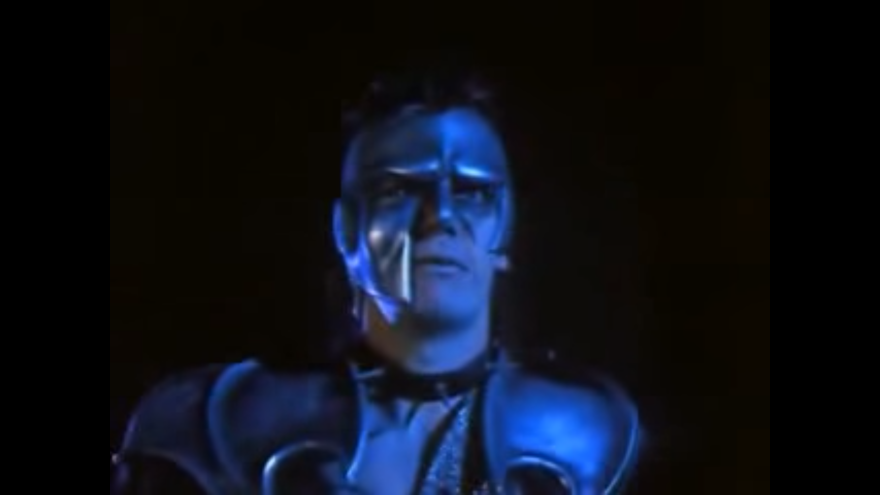This story was originally published on Oct. 21, 2015.
Back to the Future Part II lied to us. It’s 2015 and we don’t have flying cars, the Cubbies aren’t (likely) going to win the pennant, and where we’re going we most certainly need roads. Sure, hoverboards technically exist, but you’re not going to be able to hitch a ride on the back of a hover-converted Jeep any time soon.
But Back to the Future isn’t the first work of fiction to bungle utopian promises of the future, let alone the future of the Lone Star State. So, in honor of the unofficial Back to the Future Day, we’ll look back at nine times when fiction got it wrong.
Lone Star Planet (A Planet for Texans)
What it promised: a Texan-only planet
In H. Beam Piper and J.J. McGuire’s 1958 novel, everyone carries a gun, the death penalty is legal and people from outside of Texas keep moving to the Planet for Texans. While New Texas could happen somewhere down the line, given the state’s love-hate relationship with Tesla, it seems unlikely Elon Musk’s company will manufacture shuttles to transport Texans to the Lone Star Planet.

Texas Triumphant
What it promised: a mid-‘90s Ruso-Texan war
The third installment in Daniel da Cruz’s Ayes of Texas series pits the Lone Star State against a still-vital U.S.S.R. In the wake of the United States’ collapse, the novel follows Ripley Forte, a billionaire “Texican” entrepreneur who manages to destroy Moscow with a hydrogen bomb in 2008.
For Texas and Zed
What it promised: a Texan birth quota (and another planet full of Texans)
This 1974 Zach Hughes novel promises the haggard, desolate realities of a 26th century Texan-only planet. While some might enjoy the space opera that posits Texans in an interplanetary struggle to rule the galaxy, the plot also hinges on a birth quota that favors male children, nearly undoing the Texan empire. Don’t mess with Texas women.
Sodom and Gomorrah, Texas
What it promised: a dwarf colony outside of High Plains, Texas
R.A. Lafferty’s 1962 short story follows a census worker looking to document the town, only to discover that not everything is necessarily bigger in Texas.
A Canticle for Leibowitz, Judge Dredd, and East of West

What they promised: a Texan mega-state
Walter M. Miller, Jr.’s post-apocalyptic 1961 Hugo-winning novel first presented the idea of a Texas mega-power forged in the ashes of a U.S. dissolution. It was a trope later reiterated by the long-running comic series Judge Dredd and was most recently revived by the Jonathan Hickman series East of West. All of them feature a hearty helping of dystopia, though Dredd and East feature a Texas more or less ruled by errant lawmen that serve as judge-jury-executioner types. While the state may be all for small government, it’s always been a republic at heart. Also, the inclusion of Arkansas is a bit of a stretch. Even when Texas was a five state-spanning republic, it never annexed Arkansas.
Viva Max!
What it promised: the Mexican recapture of the Alamo
The first fictional flight of NewsHour’s Jim Lehrer posits a 20th century recapture of the San Antonio landmark through a sardonic lens. The titular Max leads an oafish regimen of Mexican troops to the former Spanish mission and ultimately flies the Mexican flag over the Texan landmark. Given the site’s U.N. protectorate status, the tenacity of the Daughters of the Republic of Texas and the state’s Alamo-remembering nature, its recapture would be an unlikely feat.
The Giant Gila Monster
What it promised: a giant Gila monster
A giant Gila monster attacks a small Texas town in Ray Kellogg’s 1959 B-movie. Gila monsters aren’t native to Texas. End of story.
The Texas-Israeli War: 1999

What it promised: a Texas-Israeli war in 1999
In Jake Saunders' and Howard Waldrop's novel, the Sons of the Alamo, a band of rogue Texas Rangers, kidnap the President of the United States, sparking all-out war between the Texans and a tank battalion led by mercenaries from Israel, the only impartial nation in the wake of World War III – a war which was prompted by Britain’s LSD-fueled discharge of its entire nuclear arsenal. Seriously.
Future-Kill
What it promised: a dystopian Austin
Ridiculousness ensues in this film that Bloody Disgusting literally couldn’t rate because it defied “something as simplistic a star count.” Roland Moore’s film follows frat boys being hunted down by anti-nuclear, seemingly environmentalist cyberpunk murderers. The filmmakers purportedly had to spraypaint their own graffiti in downtown Austin because they couldn’t find any.








